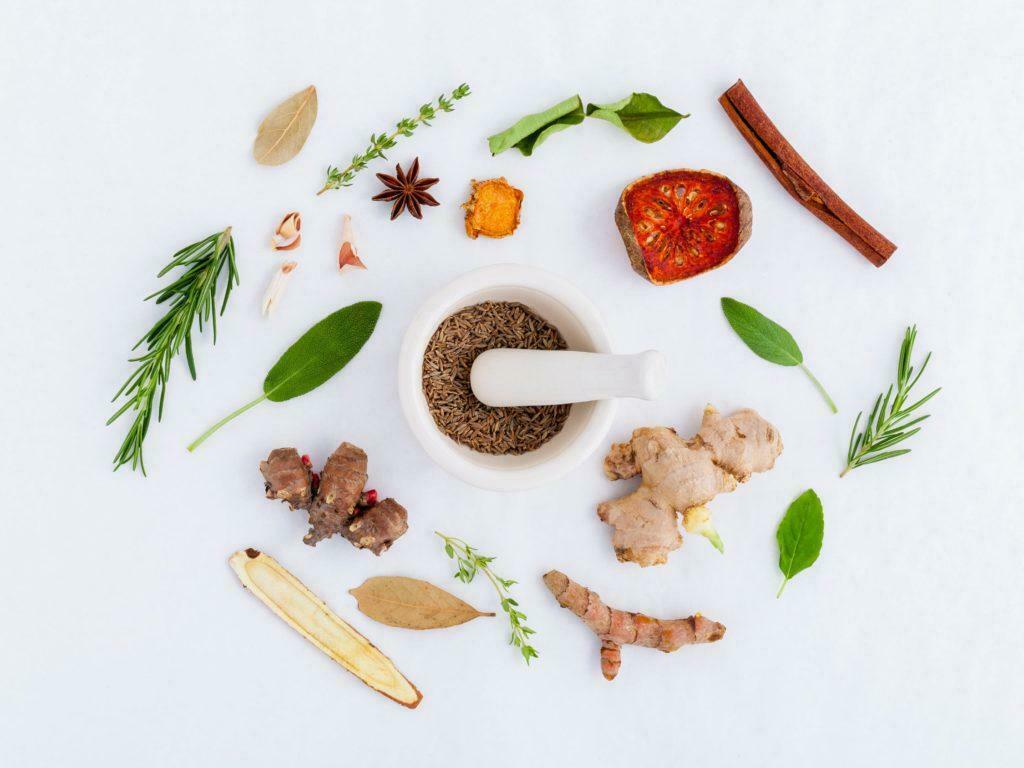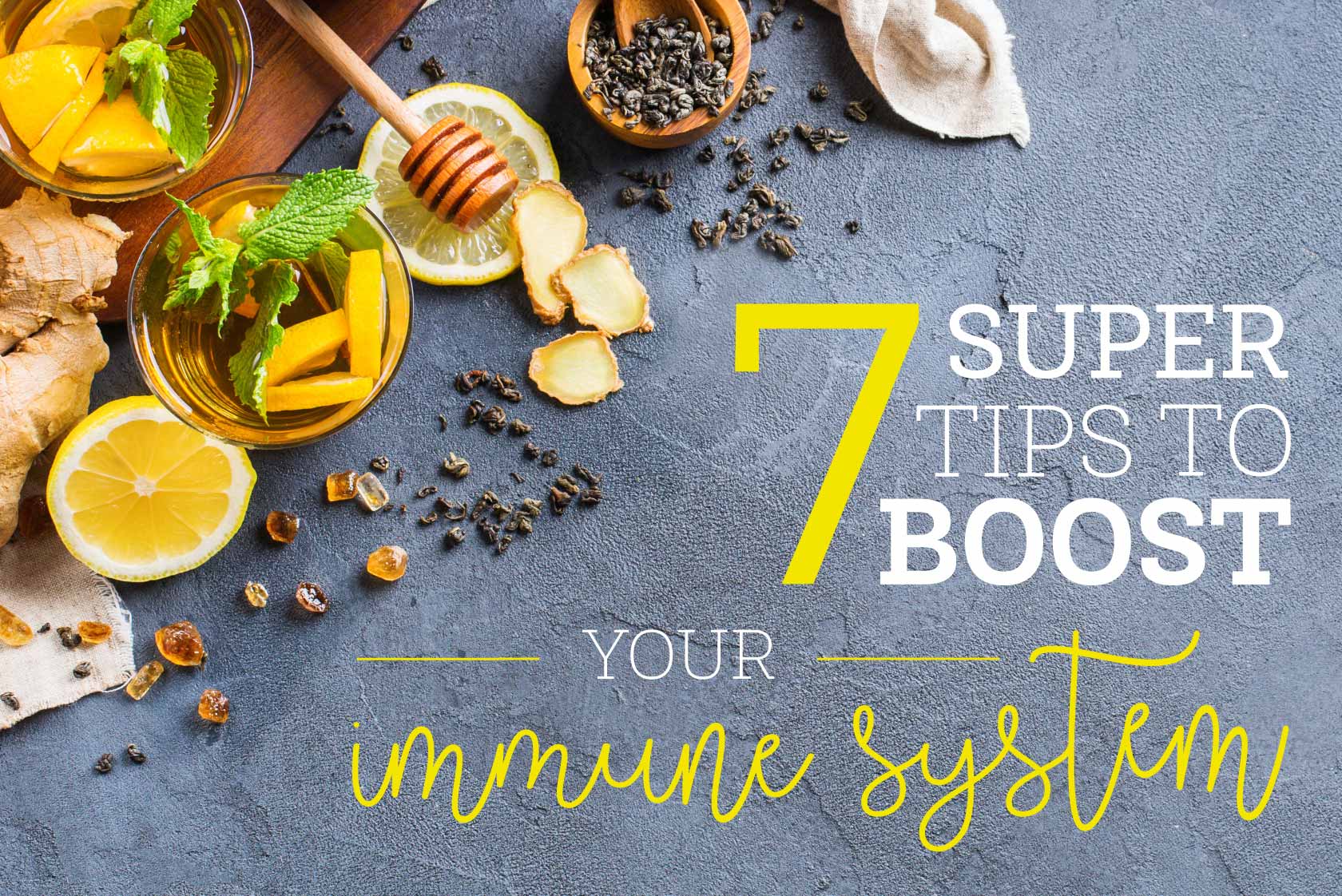Boosting your immune system is a big factor to prevent disease. Are a Lot of diseases around us due to pollution, bacteria ,virus , chemicals. So we need to be boost our immune health so that our body can fight the diseases for healthy life style. Here are 7 Tips to boost your Health natural defense and immune system.
Relieving stress is key to immune health. Long-term stress promotes inflammation, as well as it disturbs balances in immune cell function
In particular, prolonged psychological stress can suppress the immune response in children. Activities that may help you manage your stress include meditation, exercise, walking , yoga, and other mindfulness practices. You may also benefit from seeing a licensed counselor or therapist, whether virtually or in person.
SUMMARY : Lowering your stress levels through meditation, yoga, exercise, and other practices can help keep your immune system functioning properly.
2. Take enough sleep

Sleep and immunity are closely tied. In fact, inadequate or poor quality sleep is linked to a higher susceptibility to sickness. In a study in 164 healthy adults, those who slept fewer than 6 hours each night were more likely to catch a cold than those who slept 6 hours or more each night.
If you’re having trouble sleeping, try limiting screen time for an hour before bed, as the blue light emitted from your phone, TV, and computer may disrupt your circadian rhythm, or your body’s natural wake-sleep cycle. Adults should aim to get 7 or more hours of sleep each night, while teens need 8–10 hours and younger children and infants up to 14 hours.
Getting adequate rest may strengthen your natural immunity. Also, you may sleep more when sick to allow your immune system to better fight the illness. Other sleep hygiene tips include sleeping in a completely dark room or using a sleep mask, going to bed at the same time every night, and exercising regularly.
SUMMARY : Inadequate sleep may increase your risk of getting sick. Most adults should get at least 7 hours of sleep per night.
3. Eat more whole plant foods

Whole plant foods like fruits, vegetables, nuts, seeds, and legumes are rich in nutrients and antioxidants that may give you an upper hand against harmful pathogens.
The antioxidants in these foods help decrease inflammation by combating unstable compounds called free radicals, which can cause inflammation when they build up in your body in high levels
Meanwhile, the fiber in plant foods feeds your gut microbiome, or the community of healthy bacteria in your gut. A robust gut microbiome can improve your immunity and help keep harmful pathogens from entering your body via your digestive tract.
SUMMARY: Several whole plant foods contain antioxidants, fiber, and vitamin C, all of which may lower your susceptibility to illness.
4. Practice in moderate exercise

Although prolonged intense exercise can suppress your immune system, moderate exercise can give it a boost. Studies indicate that even a single session of moderate exercise can boost the effectiveness of vaccines in people with compromised immune systems.
What’s more, regular, moderate exercise may reduce inflammation and help your immune cells regenerate regularly. Examples of moderate exercise include brisk walking, steady bicycling, jogging, swimming, and light hiking. Most people should aim for at least 150 minutes of moderate exercise per week (24).
SUMMARY : Moderate exercise can reduce inflammation and promote the healthy turnover of immune cells. Jogging, biking, walking, swimming, and hiking are great options.
5. Drink water & Stay hydrated

Hydration doesn’t necessarily protect you from germs and viruses, but preventing dehydration is important to your overall health. Dehydration can cause headaches and hinder your physical performance, focus, mood, digestion, and heart and kidney function. These complications can increase your susceptibility to illness
To prevent dehydration, you should drink enough fluid daily to make your urine pale yellow. Water is recommended because it’s free of calories, additives, and sugar. While tea and juice are also hydrating, it’s best to limit your intake of fruit juice and sweetened tea because of their high sugar contents
As a general guideline, you should drink when you’re thirsty and stop when you’re no longer thirsty. You may need more fluids if you exercise intensely, work outside, or live in a hot climate.
SUMMARY : Given that dehydration can make you more susceptible to illness, be sure you’re drinking plenty of water each day.
6. Eat more healthy fats

Healthy fats, like those found in olive oil and salmon, may boost your body’s immune response to pathogens by decreasing inflammation. Although low-level inflammation is a normal response to stress or injury, chronic inflammation can suppress your immune system.
Olive oil, which is highly anti-inflammatory, is linked to a decreased risk of chronic diseases like heart disease and type 2 diabetes. Plus, its anti-inflammatory properties may help your body fight off harmful disease-causing bacteria and viruses. Omega-3 fatty acids, such as those in salmon and chia seeds, fight inflammation as well
SUMMARY : Healthy fats like olive oil and omega-3s are highly anti-inflammatory. Since chronic inflammation can suppress your immune system, these fats may naturally combat illnesses.
7. Take Supplements wisely

It’s easy to turn to supplements if you hear claims about their ability to treat or prevent COVID-19. Some studies indicate that the following supplements may strengthen your body’s general immune response:
- Garlic : Garlic is found in almost every cuisine in the world. It adds a little zing to food and it’s a must-have for your health. Early civilizations recognized its value in fighting infections. Garlic may also slow down hardening of the arteries.
- Ginger : Ginger is another ingredient many turn to after getting sick. Ginger may help decrease inflammation, which can help reduce a sore throat and inflammatory illnesses. Ginger may help with nausea as well.
- Almond : When it comes to preventing and fighting off colds, vitamin tends to take a backseat to vitamin C. However, this powerful antioxidant is key to a healthy immune system. It’s a fat-soluble vitamin, which means it requires the presence of fat to be absorbed properly. Nuts, such as almonds , are packed with the vitamin and also have healthy fats.
- Turmeric :You may know turmeric as a key ingredient in many curries. This bright yellow, bitter spice has also been used for years as an anti-inflammatory in treating both osteoarthritis and rheumatoid arthritis.
Although none of these suggestions can prevent COVID-19, they may reinforce your body’s defenses against harmful pathogens.

